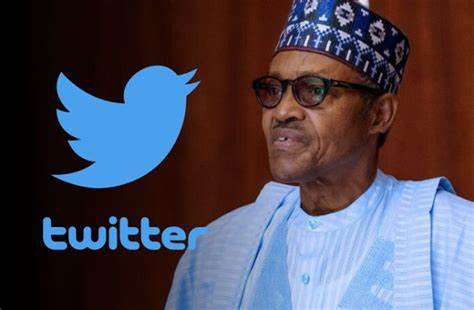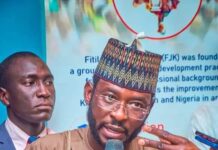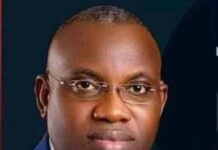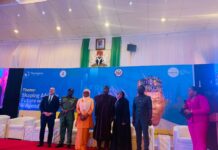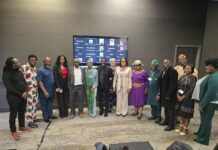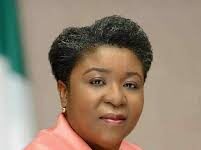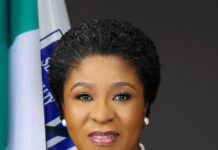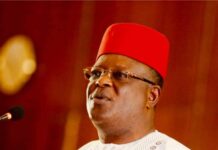Nigerian Twitter ban is a step back towards dictatorship
Nick Lau
POLITICS DIGEST – On June 4, Nigerians were banned from using Twitter after the Nigerian government blocked the app in response to Twitter deleting a tweet from Nigeria’s President, Muhammadu Buhari. In the tweet, the president made a statement directly comparing Nigeria’s civil war to recent attacks by arsonists and gunmen on government offices by the secessionist groups within the Southeast of the country. Part of the tweet from the president says that those ”who went through the war, will treat them in the language they understand.” Twitter deleted the tweet because it violated their “abusive behavior” policy. In response to the deleted tweet, the Nigerian government announced the nationwide Twitter ban — on Twitter.
Nigeria is home to nearly 40 million Twitter users,and it’s also the location of Africa’s largest tech hub. With that many users dependent on Twitter for news and as a platform to share their voice, the ban is a blatant disregard for the peoples’ freedom of speech. Even Nigerian Senate President Ahmed Lawan realizes the country’s reliance on Twitter. Lawan said, ”Our belief is that Nigeria needs Twitter just as much as Twitter needs Nigeria.”
Nigeria transitioned from military to civilian rule in 1999 after the death of the callous dictator Sani Abacha.Since then, the country has made strides toward a true democracy withnew rules concerning presidential terms and religious affiliations within the government. Undoubtedly, Nigeria has done well to shake off its dictatorial roots. However, given Nigeria’s fascist history, banning one of the main tools its people use to get their voices heard should be an obvious red flag.
Read Also:
Twitter has been a key component for Nigerians to protest their government, allowing citizens toorganize movements and campaigns. An example is the EndSARS campaign, which initially wanted an infamous police unit known as the Special Anti Robbery Squad (SARS) to be shut down. Now it has evolved into protests for general police reform in the country. Protests like these are crucial for the future of Nigeria, and without Twitter, it would be much more difficult to orchestrate them.
It’s unclear whether the ban will hold due to the emergence of virtual private networks (VPN) and their ability to provide access to blocked sites. The government of Nigeria has stated that prosecutors are going to have a watchful eye over illegal Twitter usage. However, their means for prosecution and punishment haven’t been specified. Again, another shady action that leaves more questions than answers: How will the government track down VPN users? How serious are the punishments?
Former U.S. President Donald Trump has recently backed Nigeria in banning Twitter, publicly wondering whether he should’ve blocked it in America. In a statement released June 7, Trump asked, “Who are they to dictate good and evil if they themselves are evil?”
When Twitter banned former President Trump for breaking their terms of service, the government didn’t step in. That’s the correct response when dealing with a private organization.
When the rules of the platform are respected, social media can be a powerful democratic tool. It unites ordinary people and gives them the power to create change in their communities. As platforms like Twitter begin censoring what they consider dangerous content, political leaders across the world will have to consider their response. Taking away the peoples’ voice, however, should never be one.
Nick Lau is a sophomore majoring in Media Arts and Design with a concentration in Creative Advertising. Contact Nick at [email protected]

